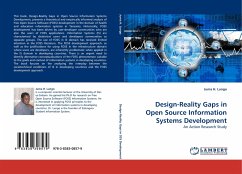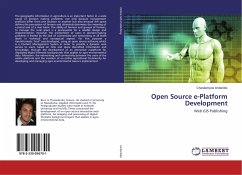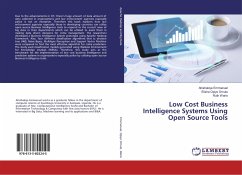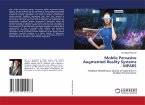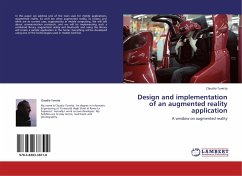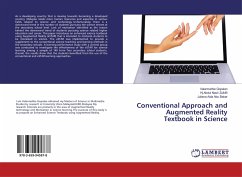This book, Design-Reality Gaps in Open Source Information Systems Development, presents a theoretical and empirically informed analysis of Free Open Source Software (FOSS) development in the domain of health and education information systems in Tanzania. Historically, FOSS development has been driven by user-developer communities who are also the users of FOSS applications. Information Systems (IS) are characterised by distinctive users and developers communities as separate groups. The use of FOSS in IS domain has received limited attention in the FOSS literature. The FOSS development approach, as well as the justifications for using FOSS in the infrastructure domain where users are developers, are inherently problematic when applied in the IS domain in developing countries. There is an urgent need to identify alternative conceptualisations of the FOSS phenomenon suitable to the goals and context of information systems in developing countries. The book focuses on the analysing the interplay between the sociotechnical conditions of IS in developing countries and the FOSS development approach.
Bitte wählen Sie Ihr Anliegen aus.
Rechnungen
Retourenschein anfordern
Bestellstatus
Storno

